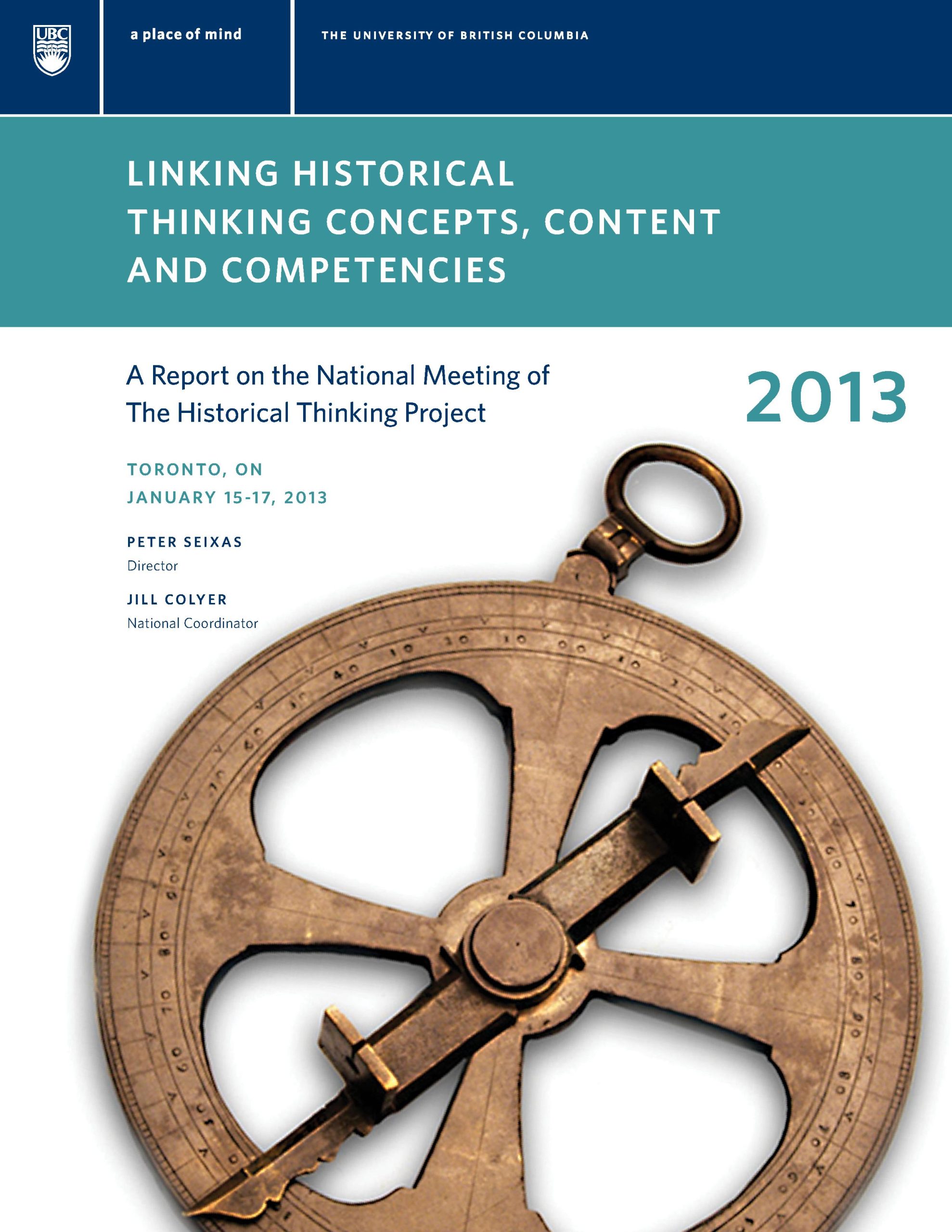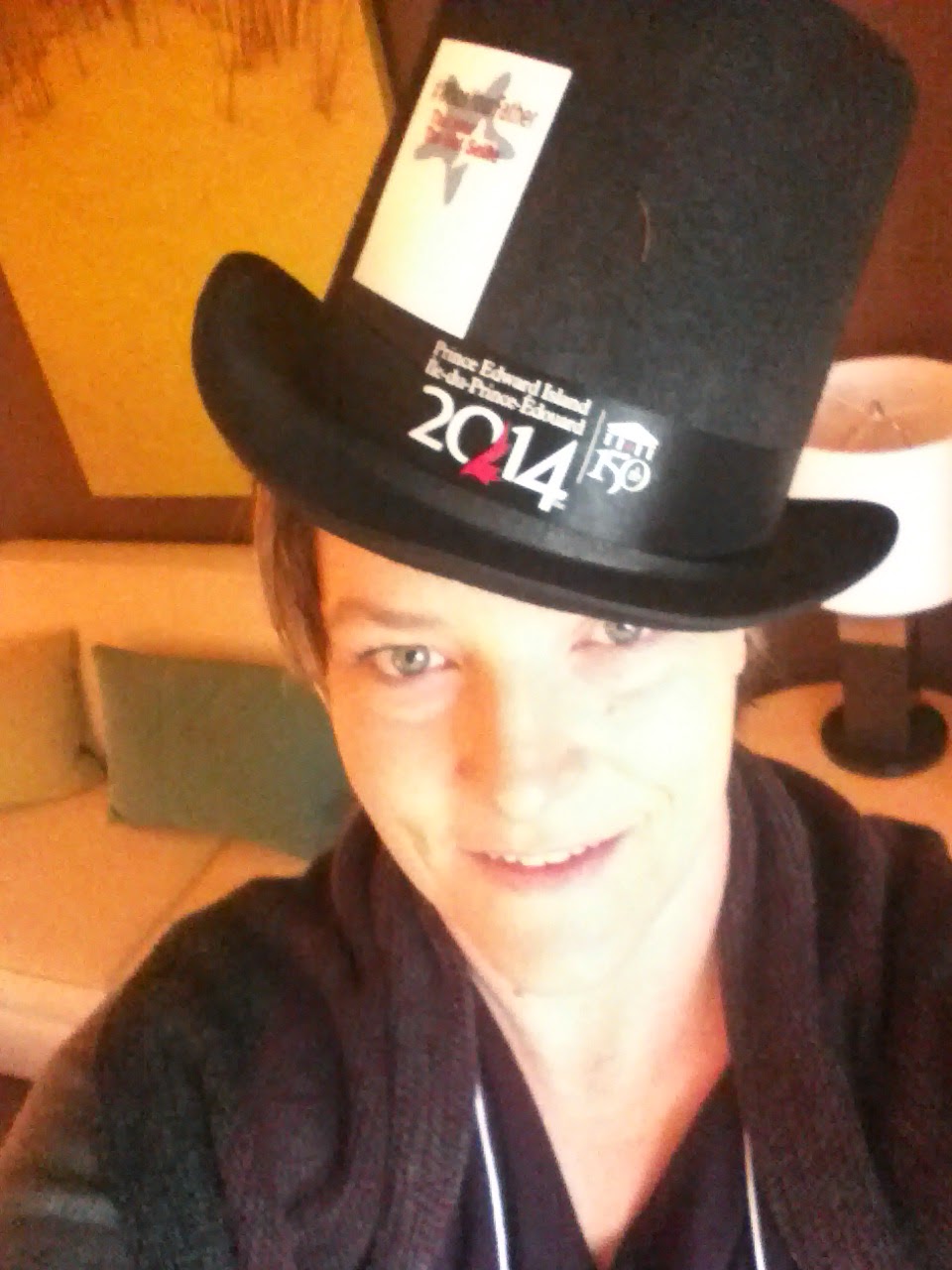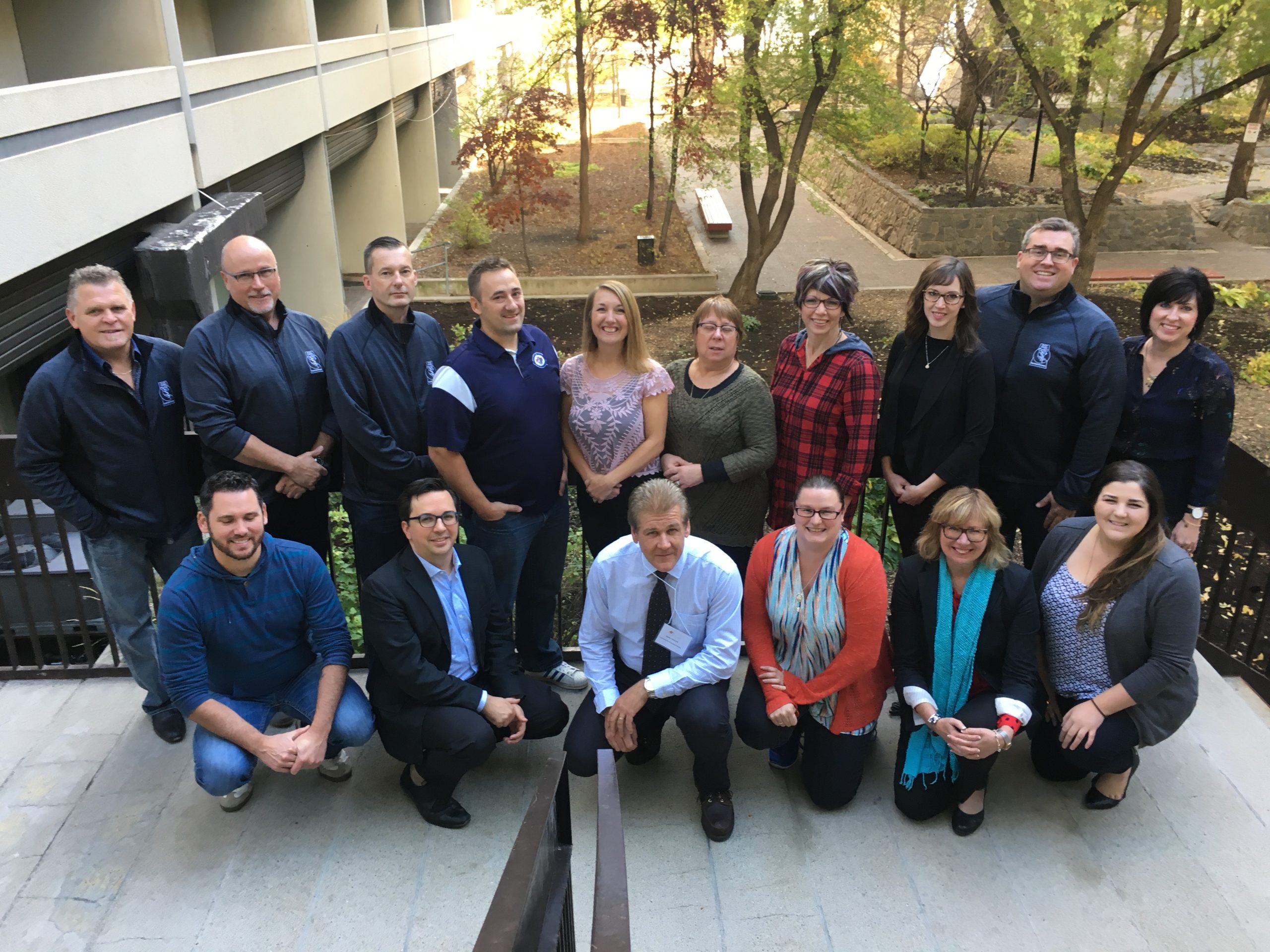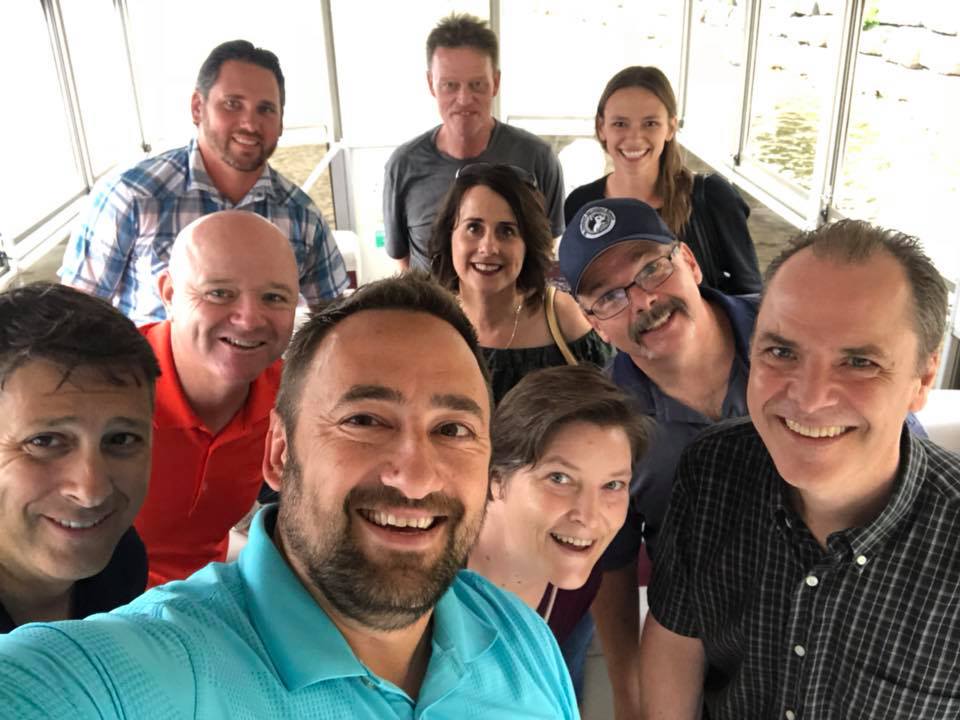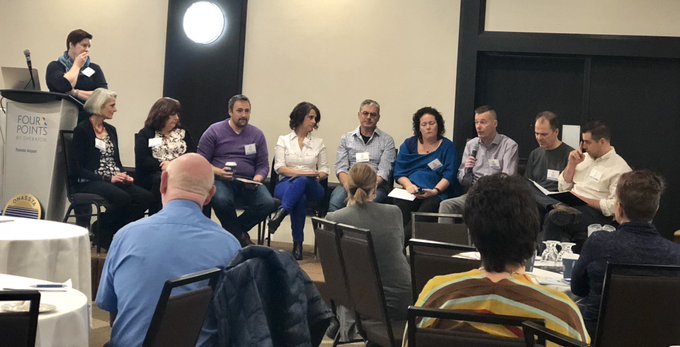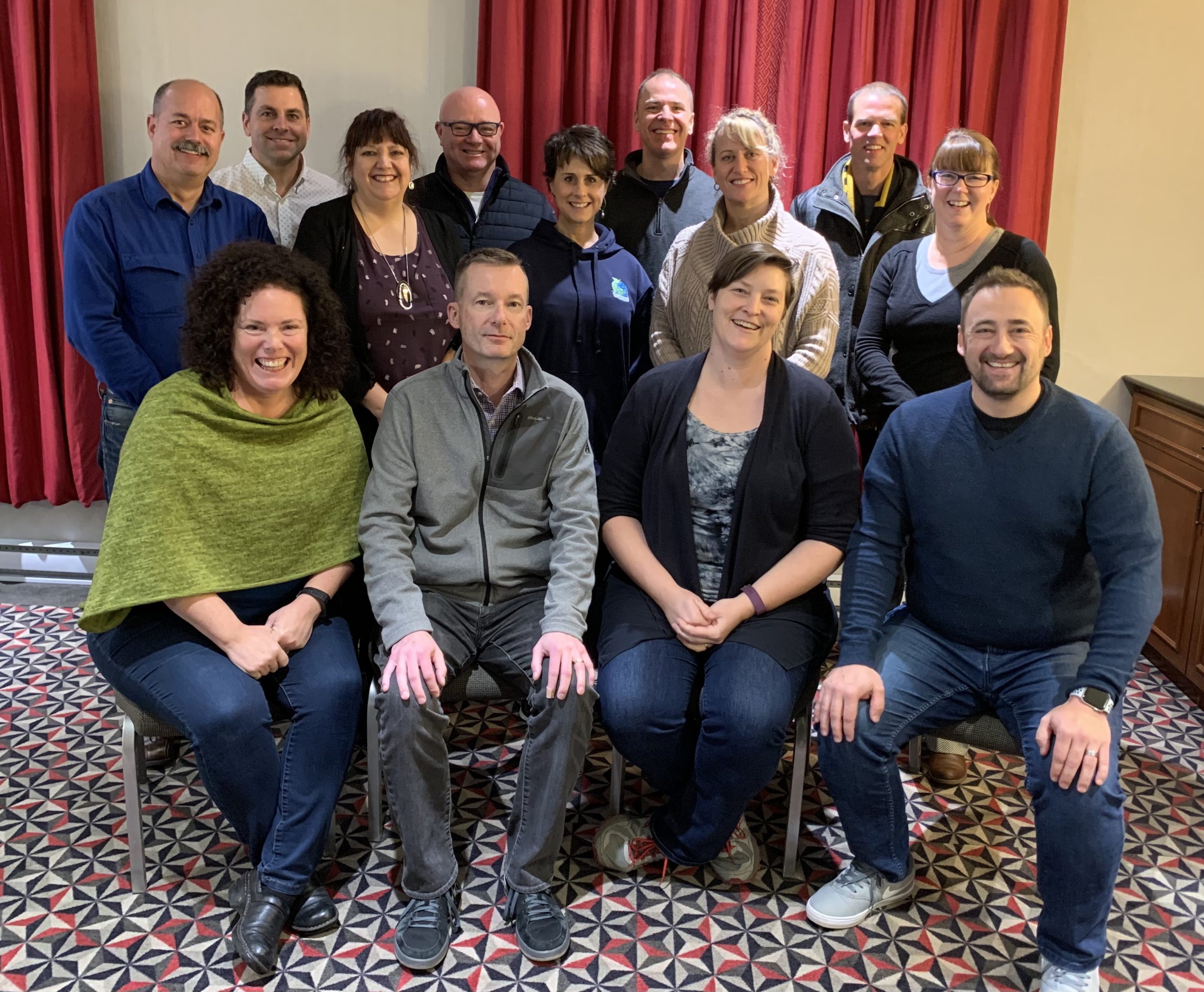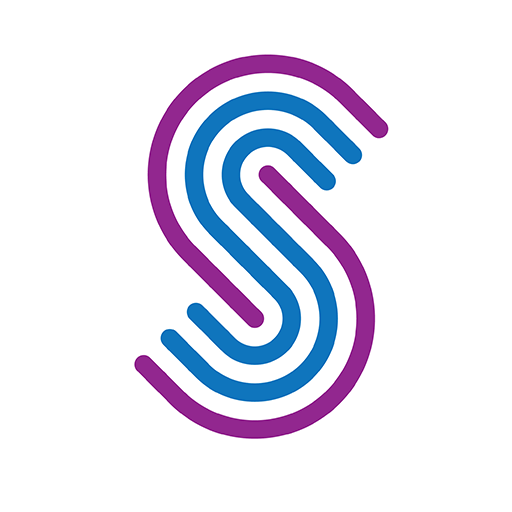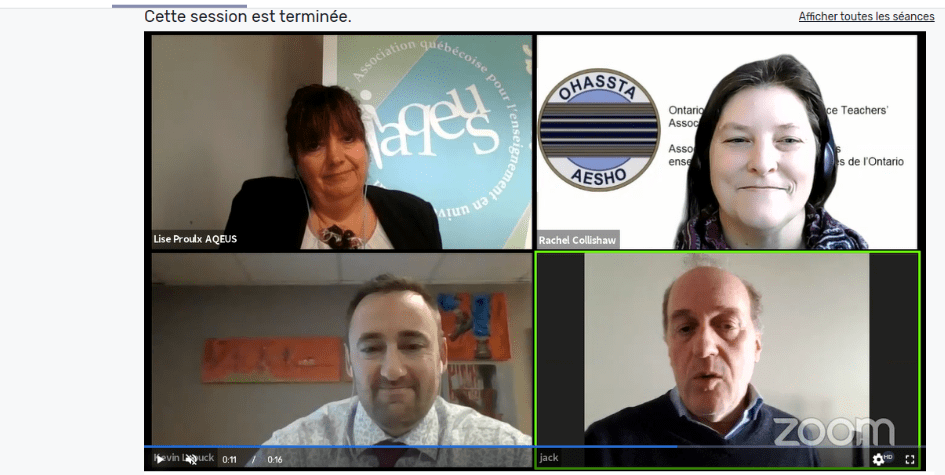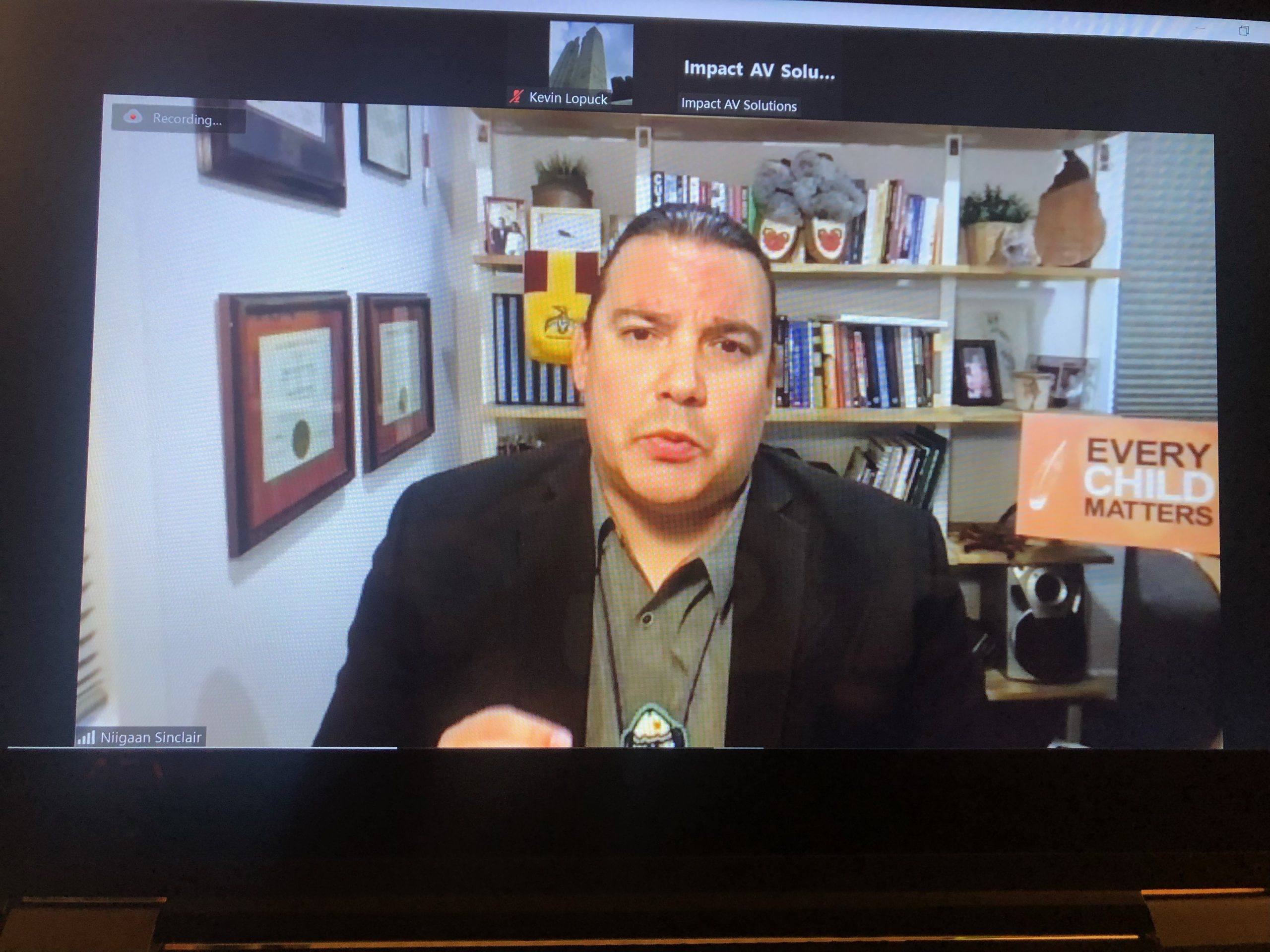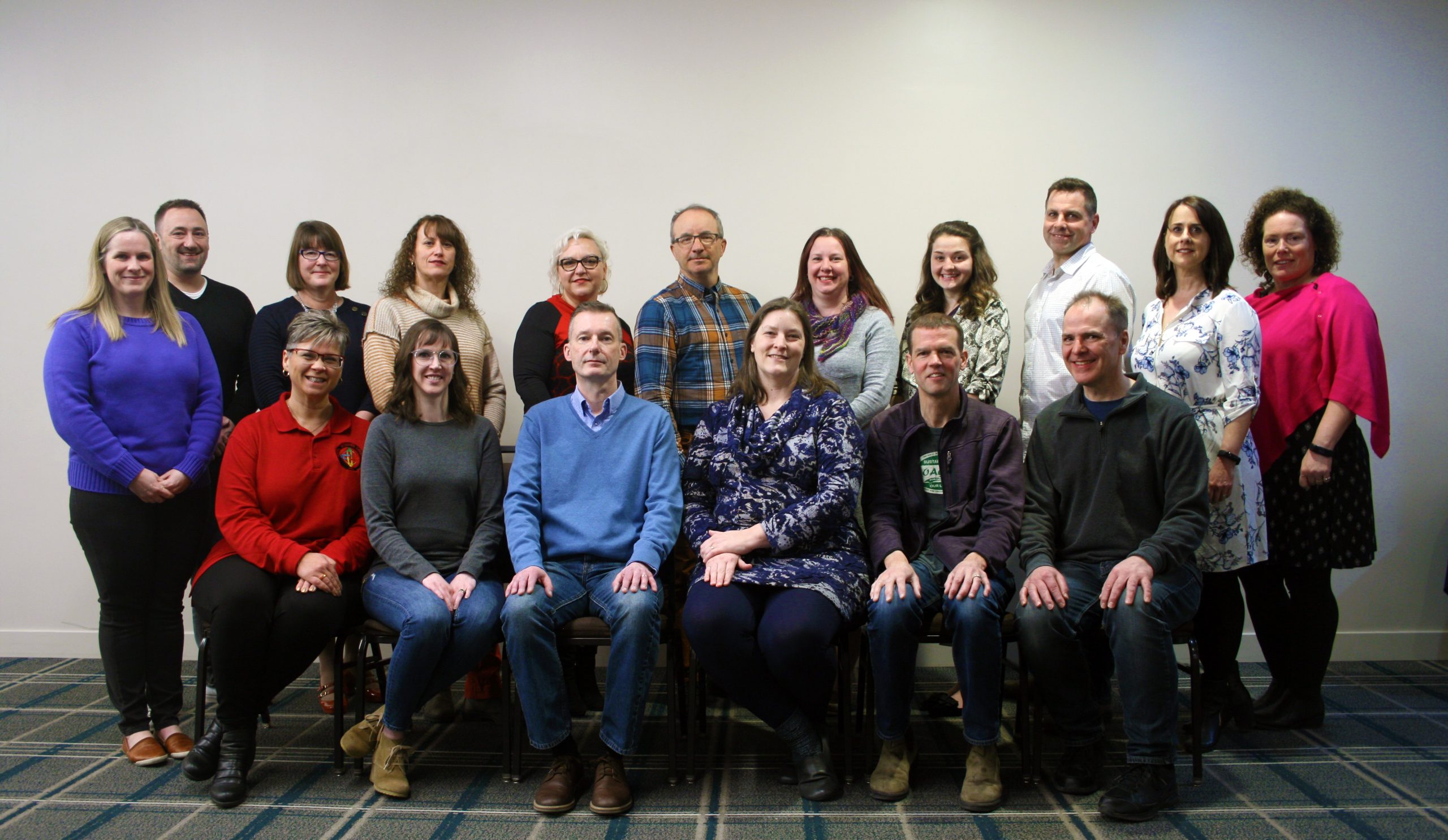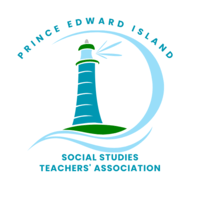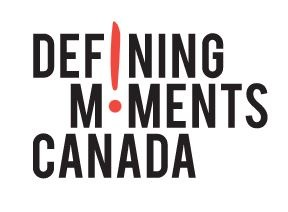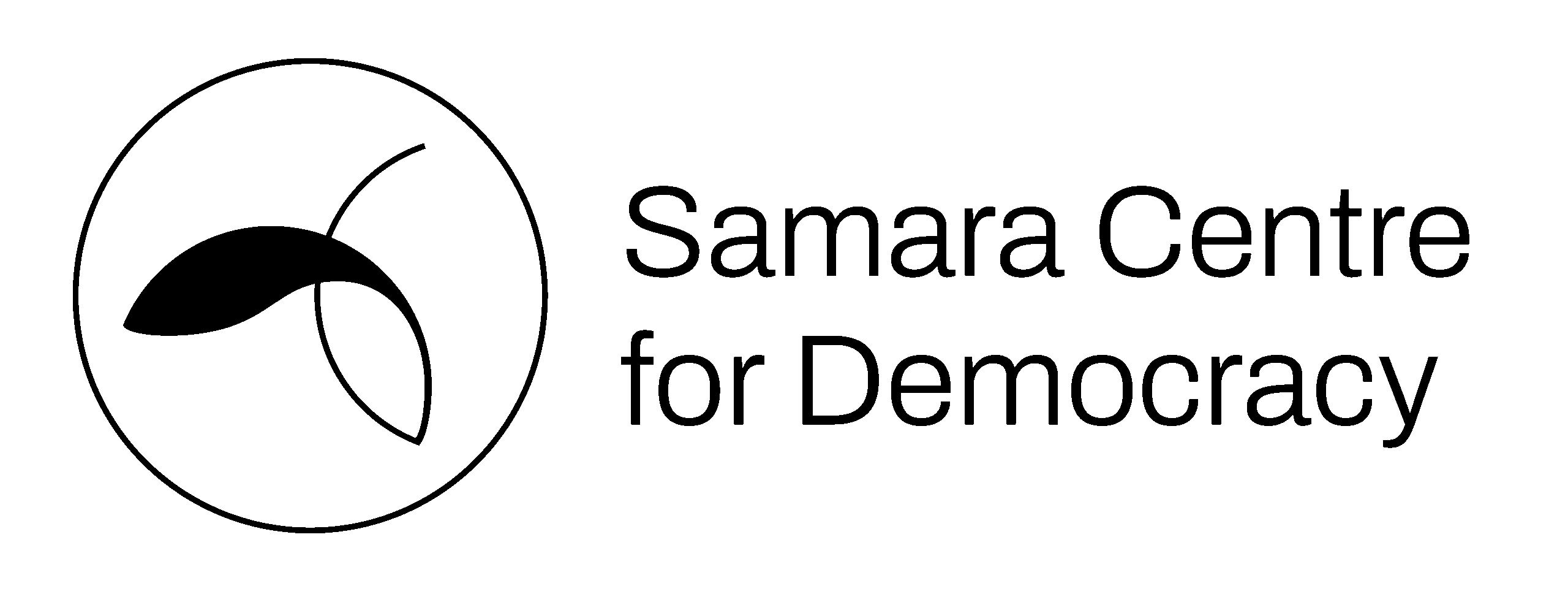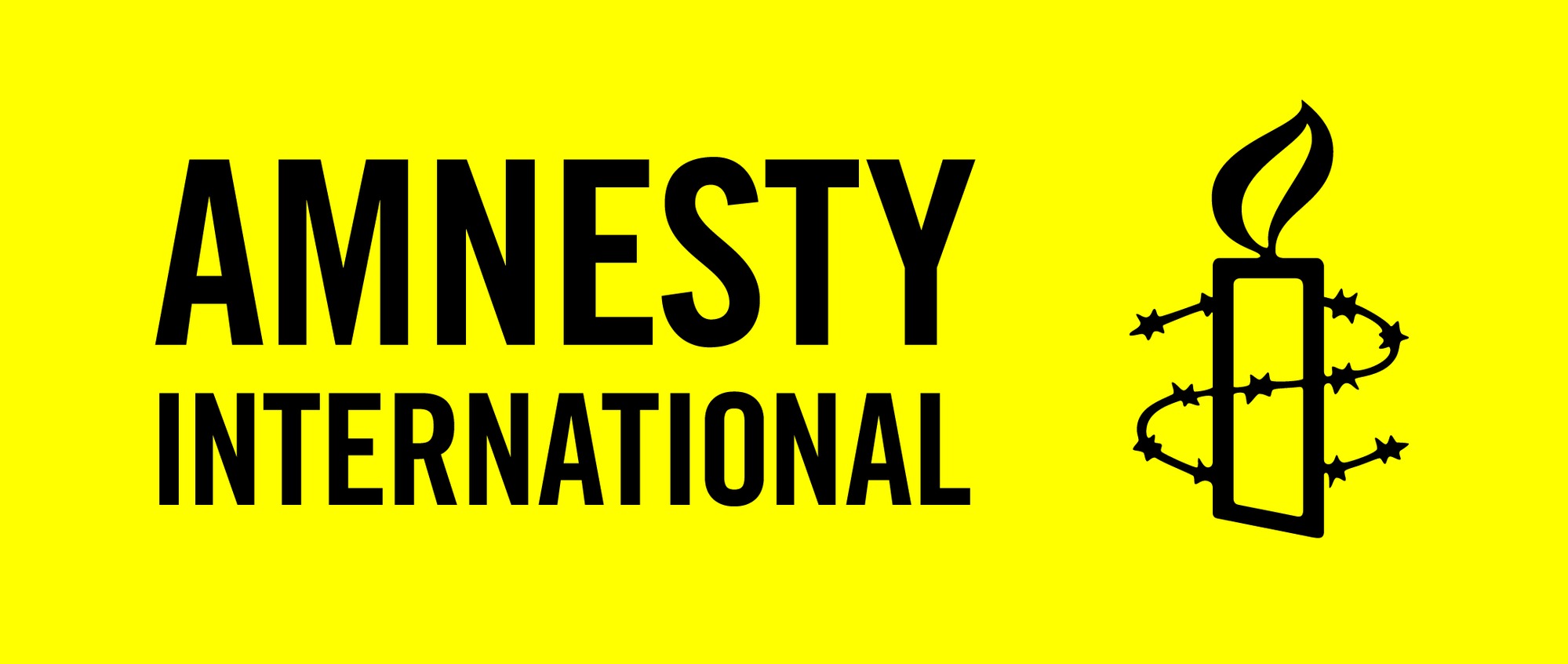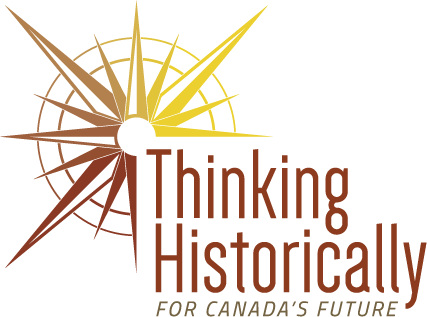About Us
History and Purpose of SSENC
The Social Studies Educators Network of Canada – Réseau pour l’enseignement des sciences sociales du Canada (SSENC/RESSC) was formed in November of 2019 after several years of discussion with representatives from social studies teachers associations.
SSENC/ RESSC includes teacher representatives from all Canadian provinces and territories, including those who may not yet have an established social studies council.
We have three main objectives:
- To advocate for social studies education across Canada
- To facilitate networking and cooperation among social studies educators across Canada
- To engage with public institutions, private interests, and non-government institutions in the development and implementation of policies and/or resources related to social studies education across Canada.
Provincial social studies teachers associations are the members of SSENC/RESSC, not individuals. Each member association designates a representative to attend monthly virtual meetings, and at least one in-person annual meeting. This allows us to collaborate interprovincially and to share expertise and resources, including partner resources, to strengthen all of our associations and networks in each jurisdiction. We are committed to remaining non-partisan in our support of educators and history education.
Together SSENC/RESSC member associations represent all 13 provinces and territories, teaching in both official languages.
Together SSENC/RESSC member associations represent over 6400 educators in all provinces and territories, teaching in both official languages.
Together SSENC/RESSC member associations can reach over 480,000 students per year in all provinces and territories and in both official languages.
SSENC / RESSC – A Chronology
Members

BC Social Studies Teachers’ Association
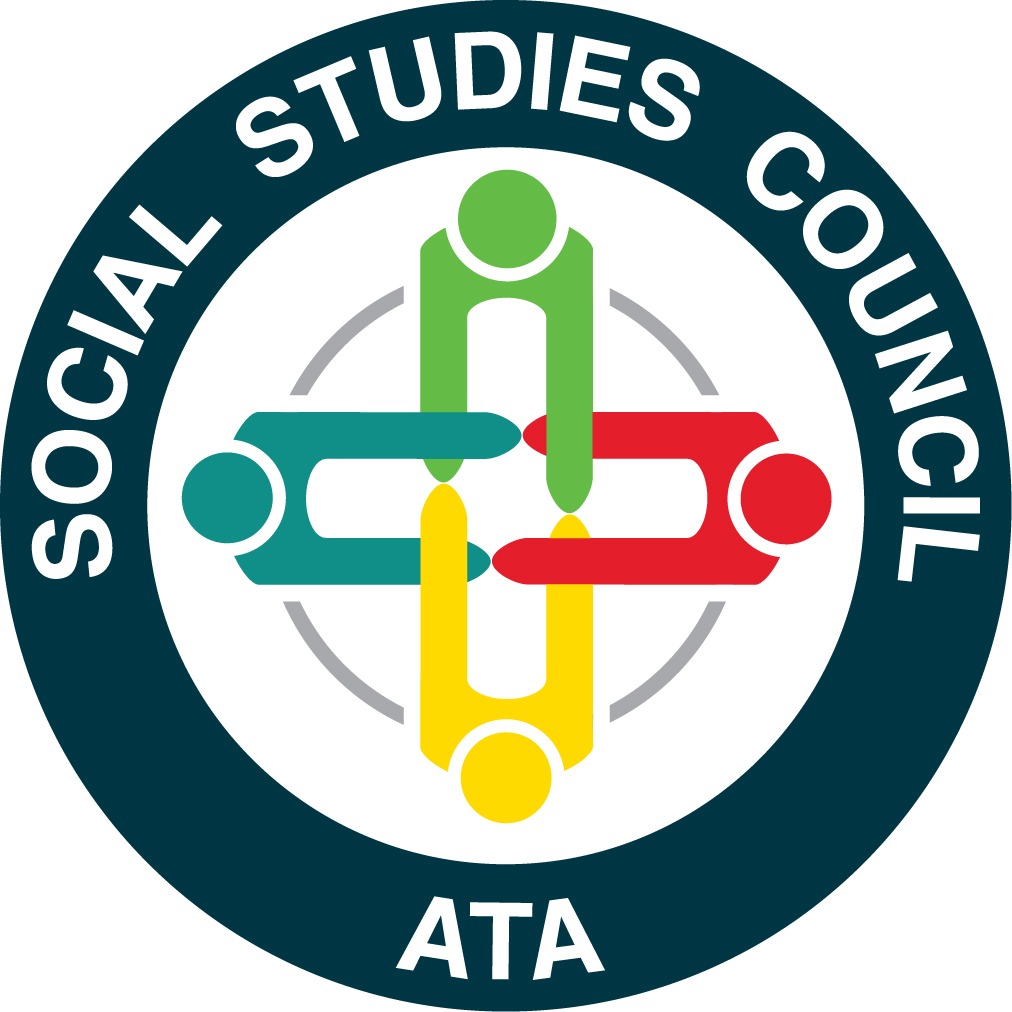
Alberta Teachers’ Association
Social Studies Council
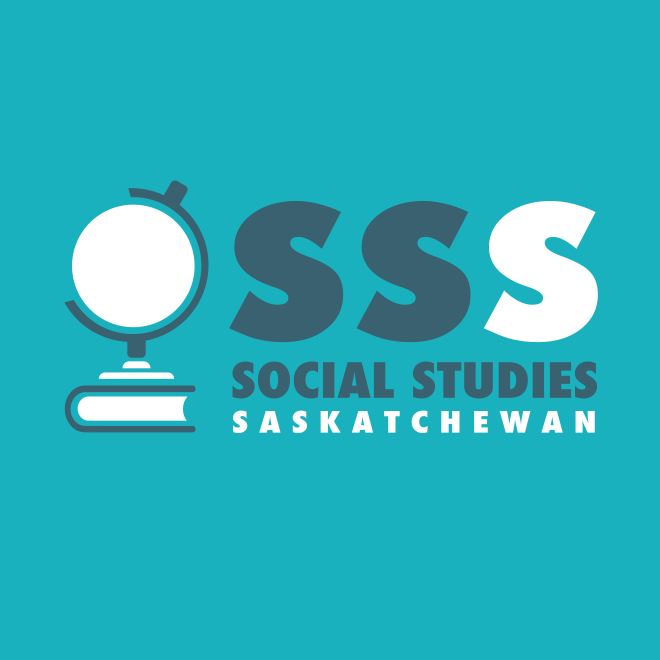
Social Studies Saskatchewan

Manitoba Social Science Teachers’ Association
Ontario Elementary Social Studies Teachers’ Association

Ontario History and Social Science Teachers’ Association
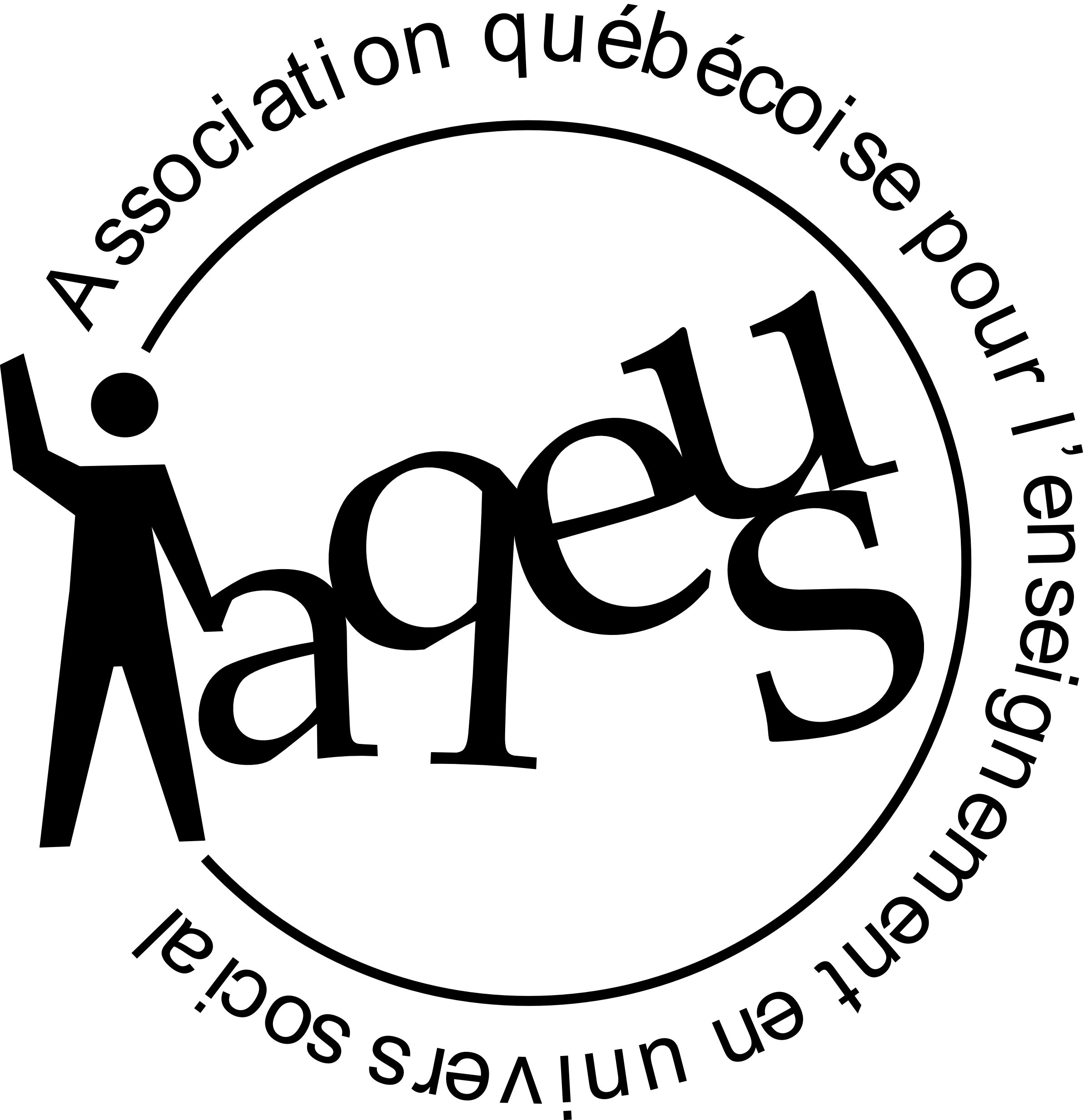
Québec association for social studies education
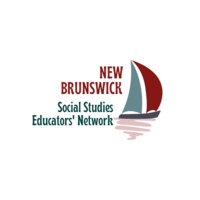
New Brunswick Social Studies Educators’ Network
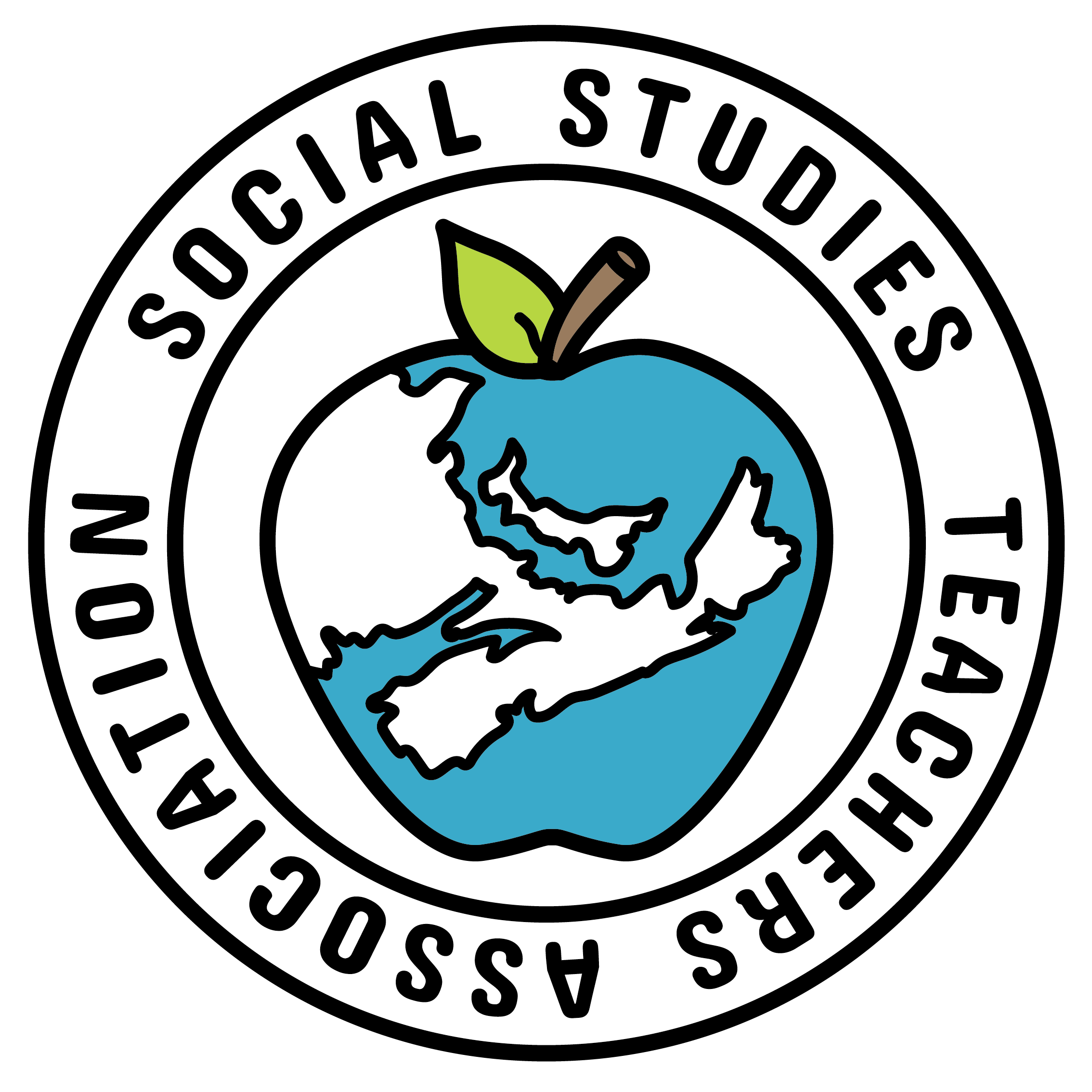
The Social Studies Teachers Association of Nova Scotia
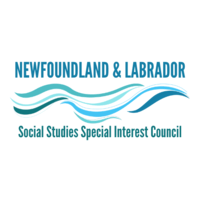
Newfoundland and Labrador
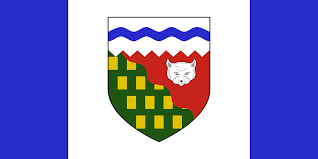
Northwest Territories
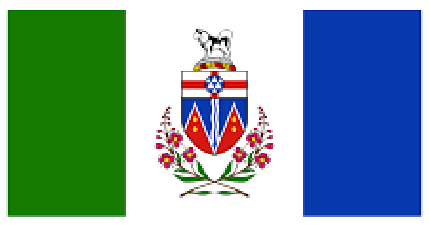
Yukon Territory

Nunavut Territory
Table Officers
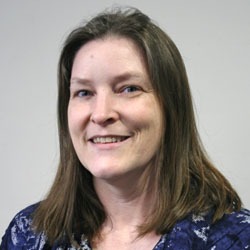
Rachel Collishaw

Robert Jardine
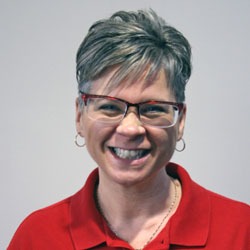
Jennifer Williams

Kevin Lopuck

Wendy Driscoll
Committee Chairs

Yves Durocher
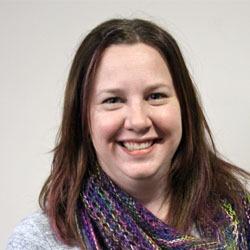
Jackie Rocket
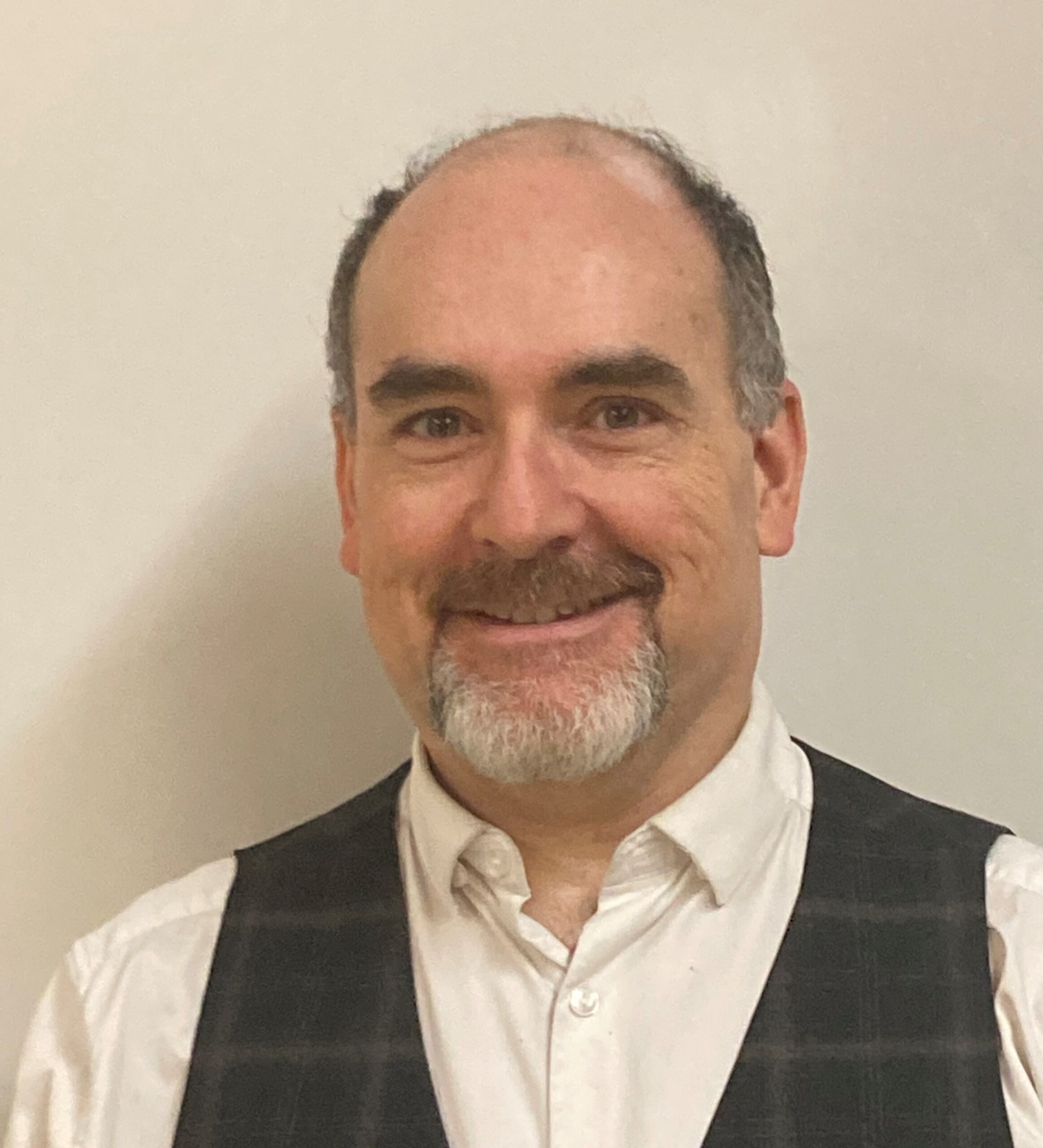
Rémi Lavoie

Shelley Kirkvold

Kevin Foster
Directors

Maureen McCann
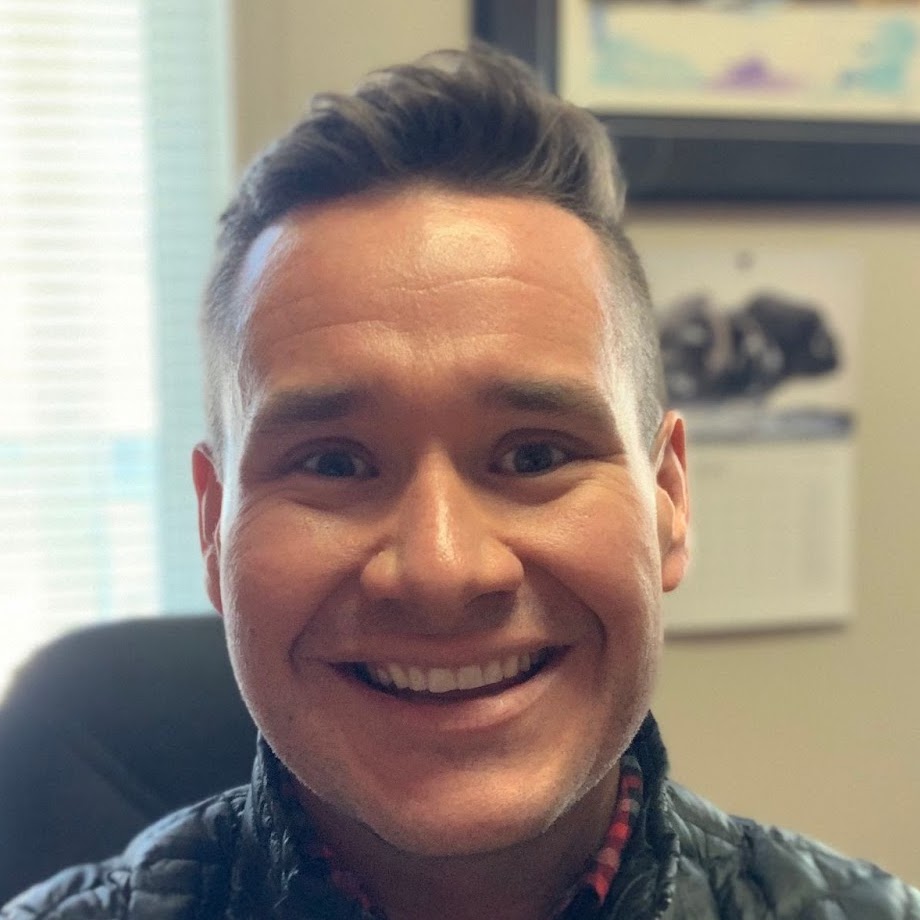
Craig MacGregor
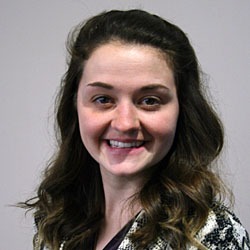
Lisa Schellenberger

Greg Neumann
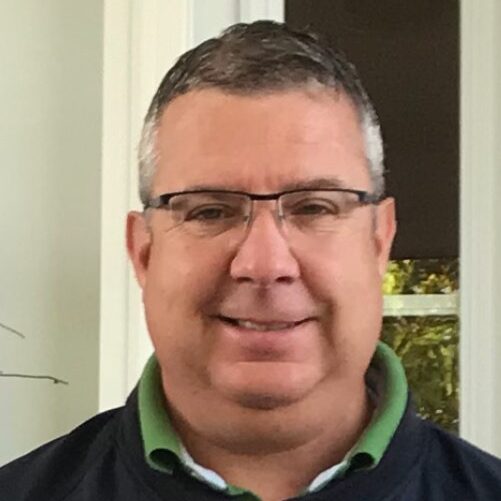
Dean Marchand
Social Studies Teachers’ Association of Nova Scotia
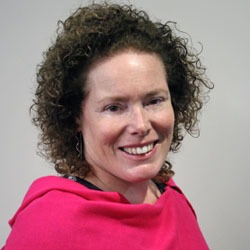
Helen Smith-MacPhail
Prince Edward Island Social Studies Teachers’ Association

TBA
Ontario Elementary Social Studies Teachers’ Association
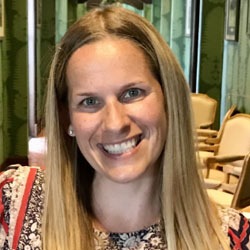
Diane Vautour
Ontario History and Social Science Teachers’ Association
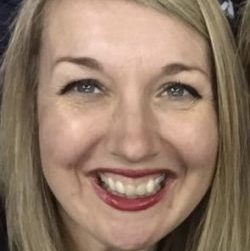
Kara Wickstrom-Street
Manitoba Social Science Teachers’ Association
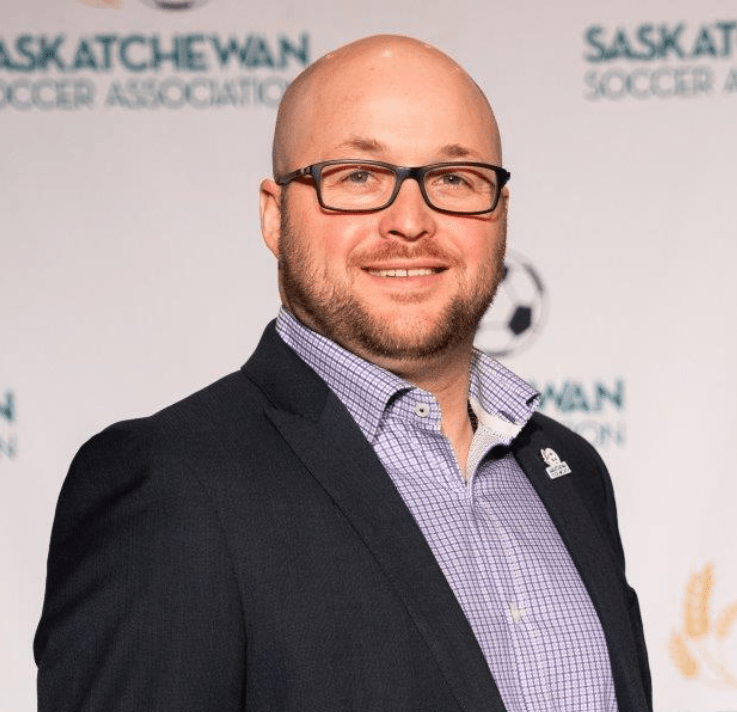
Andrew Kitchen
Social Studies Saskatchewan
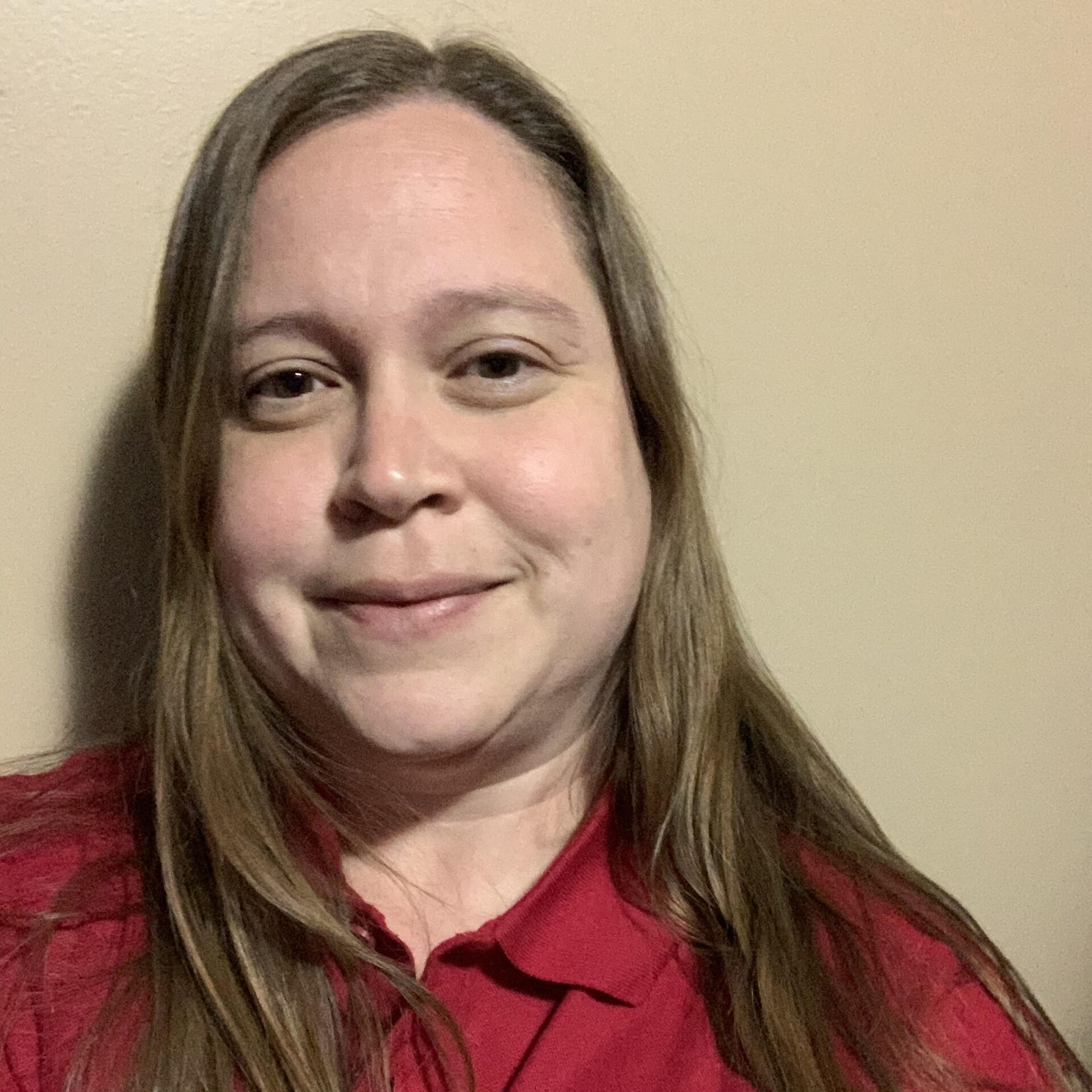
Kristy Williams
Alberta Teachers’ Association Social Studies Council
Associates

Laura McCarron
New Brunswick

John Tidswell
Alberta
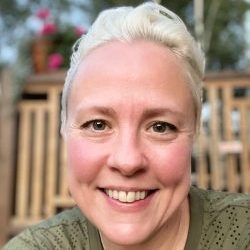
Jen Tweedie
Northwest Territories
Partners

Department of Canadian Heritage
SSENC is funded in part through a contribution agreement with the Department of Canadian Heritage.
Our network supports the goals of the Canada History Fund to support formal and informal history, civics and public policy networks, to assist educators to use new knowledge to promote learning opportunities about Canada’s history, civics and public policy, and ultimately to enhance the knowledge of Canada’s history, civics and public policy amongst Canadians.
Canada's History Society
Canada’s History Society is a registered charity that brings relevance and awareness to our nation’s diverse past, illuminating the people, places, and events that unite us as Canadians.
They produce two magazines, Canada’s History and Kayak: Canada’s History Magazine for Kids and a plethora of classroom resources. They also administer the annual Governor General’s History Awards for Excellence in Teaching, as well as Young Citizens, the national program for Heritage Fairs.
Defining Moments Canada
Their rich collection of lesson plans, podcasts, interviews, StoryMaps, videos, and articles has been carefully created with leading educators to reflect the wide and intersecting diversity of students and communities.
Samara Centre for Democracy
The Samara Centre is a non-partisan charity that produces ground-breaking research and free educational resources to advance a vibrant culture of civic engagement across Canada. We want to make it easier to talk about and participate in politics.
With podcasts, lesson plans, plain-language reports and activity guides, our resources help Canadian teachers make civic education accessible, approachable and relevant to students’ lives. Our name comes from the winged “helicopter” seed that falls from a maple tree, reminding us that from small seeds, big ideas can grow.
Amnesty International
Amnesty International has a vision of a world where everyone enjoys all the human rights enshrined in the Universal Declaration of Human Rights and other international human rights instruments.
Our mission is to conduct research and generate action to prevent and end grave human rights abuses and demand justice for those whose rights have been violated.
Thinking Historically for Canada’s Future
The Thinking Historically for Canada’s Future project brings together a large number of stakeholders to examine history education in K-12 classrooms.
This pan-Canadian research project aims to survey teachers and students, to identify the connections between history and social studies education and engagement in societal issues. They hope to identify and/or develop evidenced-based practices in history teaching and learning.
The/La Collaborative
The/La Collaborative is a multi-institutional, cross-sectoral network led from McMaster University that connects Canadian K-12 teachers with Social Science, Humanities, and Arts experts from universities across Canada to support inquiry and project-based learning.
Their collaborative platform is designed to help teachers in K-12 access university experts to support inquiry and project-based learning – almost like a human textbook.
The Korean War Legacy Foundation
The Korean War Legacy Foundation is a US-based organization, with the goal to assist teachers, students and the general public in understanding the Korean War. They have resources for American educators and a primary source archive that includes thousands of interviews with US soldiers of the Korean War.
They also maintain The 22: Korean War International Legacy, a global community honouring veterans from the 22 countries that took part in the Korean War.
SSENC partnered with the KWLF to produce Canada’s Participation in the Korean War: Inquiry, Historical Thinking and Action, resources for Canadian Educators, now available online and in book format.
Azrieli Foundation
From the profound belief in the power of stories, we’ve grown to become an award-winning and critically lauded publisher of Canadian Holocaust survivor memoirs and a leader in producing classroom resources for Holocaust education. Since 2005, we have published the first-person memoirs and diaries of well over a hundred Holocaust survivors who immigrated to Canada. Our educational resources, which accompany many of our memoirs, are welcomed by middle and high school educators across Canada. Our memoirs, resources, and professional development workshops are offered in English and French.
Rick Hansen Foundation
The mission of the Rick Hansen Foundation is to inspire, create and deliver innovative solutions that accelerate a global movement to remove barriers to inclusion for people with disabilities.
To help empower youth accessibility champions, teachers can receive free educational resources that teach youth about access and inclusion – in both English and French.
Help create a world where everyone can go everywhere!
By-Laws and Policies
Preamble:
SSENC / RESSC is committed to the principles of Reconciliation and supports the implementation of the Truth and Reconciliation Commission’s Calls to Action across Canada.
Mission
The mission of the Social Studies Educators Network of Canada is to advocate and build capacity for high-quality social studies education by facilitating networking between educators and engaging with partners across Canada.
BE IT ENACTED as a bylaw of the Corporation as follows:
1. Name
The name of the organization shall be Social Studies Educators Network of Canada (SSENC) / Réseau pour l’enseignement des sciences sociales du Canada (RESSC).
2. Objectives
The objectives of SSENC / RESSC shall be to:
a. advocate for social studies education across Canada
b. facilitate networking and cooperation among social studies educators across Canada.
c. engage with public institutions, private interests, and non-government institutions in the development and implementation of policies and/or resources related to social studies education across Canada.
3. Definitions
In this by-law and all other by-laws of the Corporation, unless the context otherwise requires:
“Act” means the Canada Not-For-Profit Corporations Act S.C. 2009, c. 23 including the Regulations made pursuant to the Act, and any statute or regulations that may be substituted, as amended from time to time;
“articles” means the original or restated articles of incorporation or articles of amendment, amalgamation, continuance, reorganization, arrangement or revival of the Corporation;
“board” means the board of directors of the Corporation and “director” means a member of the board;
“by-law” means this by-law and any other by-law of the Corporation as amended and which are, from time to time, in force and effect;
“director” means the individual selected by a member provincial/territorial organization to attend board meetings of behalf of the provincial/territorial organization;
“meeting of members” means an annual meeting of members or a special meeting of members; “special meeting of members” includes a meeting of any class or classes of members and a special meeting of all members entitled to vote at an annual meeting of members;
“Member” means the provincial, territorial, or other organization recognized by SSENC / RESSC as composing the board; however, in any circumstance within these bylaws where it can be reasonably inferred, “member” shall mean the same as “director”
“Officers” – means the Table Officers appointed or elected by the Directors. The Officers make decisions related to budgets, partnerships, and other administrative decisions.
“ordinary resolution” means a resolution passed by a majority of not less than 50% plus 1 of the votes cast on that resolution;
“proposal” means a proposal submitted by a member of the Corporation that meets the requirements of section 163 (Member Proposals) of the Act;
“Regulations” means the regulations made under the Act, as amended, restated or in effect from time to time; and
“special resolution” means a resolution passed by a majority of not less than two-thirds (2/3) of the votes cast on that resolution.
4. Interpretation
In the interpretation of these by-laws, words in the singular include the plural and vice-versa, words in one gender include all genders, and “person” includes an individual, body corporate, partnership, trust, and unincorporated organization.
Other than as specified above, words and expressions defined in the Act have the same meanings when used in these by-laws.
5. Membership Conditions
Membership is held by relevant formal provincial and territorial educational organizations where they exist; representatives of regions without formal organizations may be accepted by consensus of the Board.
Subject to the articles, there shall be one class of members in the Corporation. Membership in the Corporation shall be available to persons interested in furthering the Corporation’s purposes and who have applied for and been accepted into membership in the Corporation by resolution of the board or in such other manner as may be determined by the board. Each member shall be entitled to receive notice of, attend and vote at all meetings of the members of the Corporation.
Pursuant to subsection 197(1) (Fundamental Change) of the Act, a special resolution of the members is required to make any amendments to this section of the by-laws if those amendments affect membership rights and/or conditions described in paragraphs 197(1)(e), (h), (l) or (m).
A membership may only be transferred to the Corporation. Pursuant to Section 197(1) (Fundamental Change) of the Act, a special resolution of the members is required to make any amendment to add, change or delete this section of the by-laws.
5.1 Directors
a. One (1) director from each organization.
(i) Founding Directors – The individuals listed in Appendix 1 up to the end of their original term.
(ii) Their terms shall be four years, from 2019-2023.
b. The member organization will determine their director.
(i) The term of office for each director is determined by that organization, subject to 14.2 or 14.3 (see Article 16)
c. Table Officers – The positions of Treasurer, Secretary, President, Vice-President (2), Past-President.
6. Table Officers – Duties and responsibilities
1. President
a. Shall call all Director meetings and preside as Chair at meetings;
b. Shall be responsible for and prepare the agenda for all meetings, and shall distribute agendas and minutes of previous meetings to Directors;
c. Shall send notices to directors of all meetings;
d. Shall perform all duties as customarily delegated upon a President;
e. Shall be an ex-officio member of all committees;
f. Shall do such other duties as directed by the directors.
2. Vice-President (2)
a. Shall take charge of the affairs during the absence of the President or when requested to do so by the President;
b. Shall perform such other duties as are assigned by the directors.
3. Secretary
a. Shall keep an accurate record of all proceedings, including meeting minutes;
b. Shall bring before the directors all official notes and communications, and keep records of all official notes and communications of other directors;
c. Shall make and send such reports and statements as may be needed at any time;
d. Shall provide minutes of all meetings to President for dissemination to directors;
e. Shall keep a record of attendance at all meetings of the directors;
f. Shall sign meeting minutes;
g. Shall have the ability to co-sign all cheques with exception of cheques written to the Secretary.
4. Treasurer
a. Shall be custodian of all funds and shall keep such funds in such financial institution as the directors may decide subject to approval of the directors;
b. Shall be prepared to give a full financial statement at any meeting;
c. Shall prepare, annually, a proposed budget for presentation and approval at meetings of the directors;
d. Shall ensure that an audit or review of the fiscal year’s receipts, investments, and expenditures be prepared annually by an accountant, other than Executive or directors, appointed by the Executive and approved by the previous meeting of directors. A resulting annual report must be provided to the directors on receipts, investments, and expenditures;
e. Shall have the ability to co-sign all cheques with exception of cheques written to the Treasurer;
f. The Treasurer will observe the accepted guidelines, practices, and procedures of their provincial/territorial teachers’ organization.
5. Past-President
a. Shall be responsible for ensuring that the constitution is the by-laws are observed in all deliberations and decisions;
b. Shall be responsible for holding and supervising elections as necessary.
7. Number of Directors
The board shall consist of the number of directors specified in the articles. If the articles provide for a minimum and maximum number of directors, the board shall be comprised of the fixed number of directors as determined from time to time by the members by ordinary resolution or, if the ordinary resolution empowers the directors to determine the number, by resolution of the board. In the case of a soliciting corporation the minimum number of directors may not be fewer than three (3), at least two of whom are not officers or employees of the Corporation or its affiliates.
8. Execution of Documents
Deeds, transfers, assignments, contracts, obligations and other instruments in writing requiring execution by the Corporation may be signed by any two (2) of its officers or directors. In addition, the board may from time to time direct the manner in which and the person or persons by whom a particular document or type of document shall be executed. Any person authorized to sign any document may affix the corporate seal (if any) to the document. Any signing officer may certify a copy of any instrument, resolution, by-law or other document of the Corporation to be a true copy thereof.
9. Financial Year End
The financial year end of the Corporation shall be determined by the board of directors.
10. Banking Arrangements
The banking business of the Corporation shall be transacted at such bank, trust company or other firm or corporation carrying on a banking business in Canada or elsewhere as the board of directors may designate, appoint or authorize from time to time by resolution. The banking business or any part of it shall be transacted by an officer or officers of the Corporation and/or other persons as the board of directors may by resolution from time to time designate, direct or authorize.
11. Borrowing Powers
The Directors of the Corporation may, without authorization of the members,
a. borrow money on the credit of the corporation;
b. issue, reissue, sell, pledge or hypothecate debt obligations of the corporation;
c. give a guarantee on behalf and
d. mortgage, hypothecate, pledge or otherwise create a security interest in all or any property of the corporation, owned or subsequently acquired, to secure any debt obligation of the corporation.
12. Annual Financial Statements
The Corporation shall send to the members a copy of the annual financial statements and other documents referred to in subsection 172(1) (Annual Financial Statements) of the Act or a copy of a publication of the Corporation reproducing the information contained in the documents. Instead of sending the documents, the Corporation may send a summary to each member along with a notice informing the member of the procedure for obtaining a copy of the documents themselves free of charge. The Corporation is not required to send the documents or a summary to a member who, in writing, declines to receive such documents.
13. Committees
The Directors will establish and maintain committees as deemed necessary.
14. Termination of Membership
A membership in the Corporation is terminated when:
1. the member dies, or, in the case of a member that is a corporation, the corporation is dissolved;
2. a member fails to maintain any qualifications for membership described in the section on membership conditions of these by-laws;
3. the member resigns by delivering a written resignation to the chair of the board of the Corporation in which case such resignation shall be effective on the date specified in the resignation;
4. the member is expelled in accordance with any discipline of members section or is otherwise terminated in accordance with the articles or by-laws;
5. the member’s term of membership expires; or
6. the Corporation is liquidated or dissolved under the Act.
15. Effect of Termination of Membership
Subject to the articles, upon any termination of membership, the rights of the member, including any rights in the property of the Corporation, automatically cease to exist.
16. Discipline of Members
The board shall have authority to suspend or expel any member or director from the Corporation for any one or more of the following grounds:
1. violating any provision of the articles, by-laws, or written policies of the Corporation;
2. carrying out any conduct which may be detrimental to the Corporation as determined by the board in its sole discretion;
3. for any other reason that the board in its sole and absolute discretion considers to be reasonable, having regard to the purpose of the Corporation.
In the event that the board determines that a member or director should be expelled or suspended from membership in the Corporation, the president, or such other officer as may be designated by the board, shall provide twenty (20) days notice of suspension or expulsion to the member or director and shall provide reasons for the proposed suspension or expulsion. The member or director may make written submissions to the president, or such other officer as may be designated by the board, in response to the notice received within such twenty (20) day period. In the event that no written submissions are received by the president, the president, or such other officer as may be designated by the board, may proceed to notify the member or director that the member or director is suspended or expelled from membership in the Corporation. If written submissions are received in accordance with this section, the board will consider such submissions in arriving at a final decision and shall notify the member or director concerning such final decision within a further twenty (20) days from the date of receipt of the submissions. The board’s decision shall be final and binding on the member or director, without any further right of appeal.
17. Corporate Office
The corporate office shall be in Winnipeg, MB.
18. Meetings
1. Notice of the time and place of a meeting of members shall be given to each member entitled to vote at the meeting by telephonic, electronic or other communication facility to each member entitled to vote at the meeting, during a period of 21 to 35 days before the day on which the meeting is to be held. If a member requests that the notice be given by non-electronic means, the notice will be sent by mail, courier or personal delivery.
a. Subject to compliance with section 159 (Place of Members’ Meetings) of the Act, meetings of the members may be held at any place within Canada determined by the board or, if all of the members entitled to vote at such meeting so agree, outside Canada.
Pursuant to subsection 197(1) (Fundamental Change) of the Act, a special resolution of the members is required to make any amendment to the by-laws of the Corporation to change the manner of giving notice to members entitled to vote at a meeting of members.
2. Number of meetings
a. Regular meetings of the Board shall be held at least six times per year
3. AGMs
a. Annual general meetings shall be held within 365 days of the the previous years’ AGM
4. Meetings will be at a time and place as determined by the President or designate.
a. Quorum shall consist of the directors in attendance, representing at least 50% +1 of the directors.
b. Meetings shall follow Robert’s Rules of Order, unless consensus is reached to follow alternate procedures.
19. Members Calling a Members’ Meeting
The board of directors shall call a special meeting of members in accordance with Section 167 of the Act, on written requisition of members carrying not less than 5% of the voting rights. If the directors do not call a meeting within twenty-one (21) days of receiving the requisition, any member who signed the requisition may call the meeting.
The member who submitted the proposal shall pay the cost of including the proposal and any statement in the notice of meeting at which the proposal is to be presented unless otherwise provided by ordinary resolution of the members present at the meeting.
20. Persons Entitled to be Present at Members’ Meetings
The only persons entitled to be present at a meeting of members shall be those entitled to vote at the meeting, the directors and the public accountant of the Corporation and such other persons who are entitled or required under any provision of the Act, articles or by-laws of the Corporation to be present at the meeting. Any other person may be admitted only on the invitation of the chair of the meeting or by resolution of the members.
21. Chair of Members’ Meetings
In the event that the chair of the board and the vice-chairs of the board are absent, the members who are present and entitled to vote at the meeting shall choose one of their number to chair the meeting.
22. Absentee Voting at Members’ Meetings
Pursuant to section 171(1) (Absentee Voting) of the Act, a member entitled to vote at a meeting of members may vote by means of a telephonic, electronic or other communication facility if the Corporation has a system that:
enables the votes to be gathered in a manner that permits their subsequent verification, and permits the tallied votes to be presented to the Corporation without it being possible for the Corporation to identify how each member voted.
Pursuant to subsection 197(1) (Fundamental Change) of the Act, a special resolution of the members is required to make any amendment to the by-laws of the Corporation to change this method of voting by members not in attendance at a meeting of members.
23. Voting at Members’ Meetings
At any meeting of members every question shall, unless otherwise provided by the articles or by-laws or by the Act, be determined by a majority of the votes cast on the questions. In case of an equality of votes either on a show of hands or on a ballot or on the results of electronic voting, the chair of the meeting in addition to an original vote shall have a second or casting vote.
24. Participation by Electronic Means at Members’ Meetings
If the Corporation chooses to make available a telephonic, electronic or other communication facility that permits all participants to communicate adequately with each other during a meeting of members, any person entitled to attend such meeting may participate in the meeting by means of such telephonic, electronic or other communication facility in the manner provided by the Act. A person participating in a meeting by such means is deemed to be present at the meeting. Notwithstanding any other provision of this by-law, any person participating in a meeting of members pursuant to this section who is entitled to vote at that meeting may vote, in accordance with the Act, by means of any telephonic, electronic or other communication facility that the Corporation has made available for that purpose.
25. Members’ Meeting Held Entirely by Electronic Means
If the directors or members of the Corporation call a meeting of members pursuant to the Act, those directors or members, as the case may be, may determine that the meeting shall be held, in accordance with the Act and the Regulations, entirely by means of a telephonic, electronic or other communication facility that permits all participants to communicate adequately with each other during the meeting.
26. Voting at Meetings of the Board of Directors
At all meetings of the board, every question shall be decided by a majority of the votes cast on the question. In case of an equality of votes, the chair of the meeting in addition to an original vote shall have a second or casting vote.
27. Number of Directors
The board shall consist of the number of directors specified in the articles. If the articles provide for a minimum and maximum number of directors, the board shall be comprised of the fixed number of directors as determined from time to time by the members by ordinary resolution or, if the ordinary resolution empowers the directors to determine the number, by resolution of the board. In the case of a soliciting corporation the minimum number of directors may not be fewer than three (3), at least two of whom are not officers or employees of the Corporation or its affiliates.
28. Calling of Meetings of Board of Directors
Meetings of the board may be called by the chair of the board, the vice-chair of the board or any two (2) directors at any time; provided that for the first organization meeting following incorporation, such meeting may be called by any director or incorporator. If the Corporation has only one director, that director may call and constitute a meeting.
29. Notice of Meeting of Board of Directors
Notice of the time and place for the holding of a meeting of the board shall be given in the manner provided in the section on giving notice of meeting of directors of this by-law to every director of the Corporation not less than 10 days before the time when the meeting is to be held. Notice of a meeting shall not be necessary if all of the directors are present, and none objects to the holding of the meeting, or if those absent have waived notice of or have otherwise signified their consent to the holding of such meeting. Notice of an adjourned meeting is not required if the time and place of the adjourned meeting is announced at the original meeting. Unless the by-law otherwise provides, no notice of meeting need specify the purpose or the business to be transacted at the meeting except that a notice of meeting of directors shall specify any matter referred to in subsection 138(2) (Limits on Authority) of the Act that is to be dealt with at the meeting.
30. Voting at Meetings of the Board of Directors
At all meetings of the board, every question shall be decided by a majority of the votes cast on the question. In case of an equality of votes, the chair of the meeting in addition to an original vote shall have a second or casting vote.
31. Appointment of Officers
The board may designate the offices of the Corporation, appoint officers on an annual or more frequent basis, specify their duties and, subject to the Act, delegate to such officers the power to manage the affairs of the Corporation. A director may be appointed to any office of the Corporation. An officer may, but need not be, a director unless these by-laws otherwise provide. Two or more offices may be held by the same person.
a. Officers shall be elected by secret ballot (if necessary) at a meeting of the
Directors.
b. Officers cannot stand for re-election for any Table Officer position if they hold a position as a Table Officer (Executive Member) with their home organization.
c. Subject to the Regulations under the Act, any proposal may include nominations for the election of directors if the proposal is signed by not less than 5% of members entitled to vote at the meeting at which the proposal is to be presented.
32. Omissions and Errors
The accidental omission to give any notice to any member, director, officer, member of a committee of the board or public accountant, or the non-receipt of any notice by any such person where the Corporation has provided notice in accordance with the by-laws or any error in any notice not affecting its substance shall not invalidate any action taken at any meeting to which the notice pertained or otherwise founded on such notice.
33. Amendments
After a 30-day notice of motion to amend the constitution by-laws has been given, amendments may be effected by a two-thirds vote of directors present at an annual meeting.
34. By-laws and Effective Date
Subject to the articles, the board of directors may, by resolution, make, amend or repeal any by-laws that regulate the activities or affairs of the Corporation. Any such by-law, amendment or repeal shall be effective from the date of the resolution of directors until the next meeting of members where it may be confirmed, rejected or amended by the members by ordinary resolution. If the by-law, amendment or repeal is confirmed or confirmed as amended by the members it remains effective in the form in which it was confirmed. The by-law, amendment or repeal ceases to have effect if it is not submitted to the members at the next meeting of members or if it is rejected by the members at the meeting.
This section does not apply to a by-law that requires a special resolution of the members according to subsection 197(1) (fundamental change) of the Act because such by-law amendments or repeals are only effective when confirmed by members.
34. Annual Financial Statements
The Corporation shall send to the members a copy of the annual financial statements and other documents referred to in subsection 172(1) (Annual Financial Statements) of the Act or a copy of a publication of the Corporation reproducing the information contained in the documents. Instead of sending the documents, the Corporation may send a summary to each member along with a notice informing the member of the procedure for obtaining a copy of the documents themselves free of charge. The Corporation is not required to send the documents or a summary to a member who, in writing, declines to receive such documents.
Approval of the annual financial statement shall be effected by a two-thirds vote of Directors present at an annual meeting.
35. Indemnification
It shall be the President’s responsibility to ensure that appropriate Directors and Officers’ Liability insurance is maintained. The president may delegate this responsibility to fulfill this obligation.
36. Dissolution and Disbursement of Funds
Dissolution of SSENC/RESSC shall be effected by a two-thirds vote of directors present at a general meeting. Remaining assets will be disbursed equally to the constituent provincial/territorial teacher social studies organizations and networks.
Appendix 1
Founding Directors of SSENC/RESSC 21 August, 2019
Ian Coffin (PEI)
Wendy Driscoll (NS)
John Tidswell (AB)

Rachel Collishaw
President
ON
Rachel has over twenty years of experience as a secondary history teacher and instructional coach in Ottawa, Ontario. She is recognized as a leader in developing professional learning and classroom resources that use historical thinking concepts to support inquiry learning. She is a recipient of the 2013 Governor General’s History Award for Excellence in Teaching. Rachel is the Past-President of the Ontario History and Social Science Teachers’ Association (OHASSTA).

Robert Jardine
Vice-President
SK
Robert is Social Studies Department Head at Warman High School, Warman, SK. A graduate of the University of Alberta (B.A., Political Science/History) and the University of Saskatchewan (B.Ed; M.Ed Curriculum Studies). Now in his 27th year in the classroom, Robert has taught Grades 1-12 in a variety of rural and urban settings. Robert served on the Executive of Social Studies Saskatchewan from 2006-2021 and was President from 2009-2021. He has reviewed books, created lesson plans to accompany textbooks, and overseen the development of resources as well as serving on several curriculum reference committees.

Jennifer Williams
Vice-president
ATASSC representative
AB
Jen graduated from the University of Lethbridge in 2000 and has had the good fortune to teach in an Alberta Social Studies classroom ever since. She is a recipient of the 2013 Alberta Excellence in Teaching Award. Along with her love of travel and teaching, Jen has played many leadership roles, including her recent position as president of the Alberta Teachers’ Association Social Studies’ Council and her current role as Vice President of SSENC.

Kevin Lopuck
Treasurer
MSSTA representative
MB
Kevin has taught in Selkirk, Manitoba since 2001. Along with teaching various social studies courses in English, he also teaches in the French Immersion program. Kevin obtained his BEd from the University of Manitoba in 2001 and an MEd with a focus on curriculum studies in 2018. His thesis focused on his implementation of the province of Manitoba’s Grade 12 Global Issues: Citizenship and Sustainability curriculum. He is a PhD student at the University of Manitoba where he hopes to concentrate on the issue of contentious conversations in classrooms. Kevin is the Past President of the Manitoba Social Sciences Teachers’ Association.

Wendy Driscoll
Secretary
NS
Wendy has been a teacher and educational leader in Nova Scotia for 30 years. She teaches Grades 7-9 Social Studies and Citizenship Education. Wendy is the Vice President Professional Learning for the Social Studies Teachers’ Association of Nova Scotia. She was part of the advisory circle of educators of Elections Canada and was Nova Scotia representative for the teacher advisory council for the Library of Parliament. Wendy was the lead writer on the new Citizenship Education 9 curriculum for Nova Scotia.

Yves Durocher
AESHO representative
ON
Yves began his teaching career in 1998 in Ottawa. He has focused his career on student success, which of course depends on the success of his colleagues. He participated in numerous consultations on Ontario curriculum documents. As an editor, he collaborated and participated in the writing of numerous educational publications in both official languages. He was president of AESHO. He is well aware of the trends that influence pedagogy and knows how to distinguish between innovative approaches and the reality of the constraints of the teaching profession.

Jackie Rocket
Director
Representative, Newfoundland and Labrador
NL
Jackie is a full time high school social studies teacher in St. John’s, NL with a background in History/English and an MEd in literacy. She has been teaching for 15 years and was extensively involved in developing a new social studies curriculum for Newfoundland and Labrador. She regularly offers support and Professional Development to teachers in the Newfoundland and Labrador Teachers’ Association.

Remi Lavoie
AQEUS representative
QC
Representing the AQEUS of which he is Vice-President, he has worked in the education sector since 1996. After a few years of teaching, he held various positions including those of pedagogical advisor, development agent, assistant principal and acting secretary general of a school board. He worked with the Ministry of Education and increased collaborations with various institutions with missions focused on social sciences teaching. He is also an author at Chenelière education. Having chosen to return to the classroom, he currently teaches the History of Quebec and Canada in Secondary 3 and remains involved in his community in Rimouski.

Shelley Kirkvold
Finance
Alberta Teachers’ Association Social Studies Council
AB
Shelley has been teaching in Lethbridge, AB for the past 15 years as a high school teacher and more recently working as Coordinator of First Nations, Metis and Inuit Education, creating a bridge to support Indigenous education for all.
Career highlights include attending the Teachers Institute on Parliamentary Democracy in 2013, leading a group to attend the 100th anniversary of Vimy in 2017, as well as a Holocaust tour to Germany, Poland and Czech Republic in 2019. Recently Shelley was gifted with a Blackfoot name Kakatonsana’kakii Star Singing Woman. With it comes great honor and responsibility.

Kevin Foster
Director
NBSSEN representative
NB
Kevin (he/him) is a SSENC Director and representative from New Brunswick. Kevin graduated from Mount Allison University and the University of New Brunswick. His 24-year career has taken him across the country and beyond, but has called Moncton home for the past 19 years. Kevin has taught social studies and the social sciences his entire career and has been fortunate to help write, pilot and develop curricula while maintaining a consistent presence in the classroom. He is a founding member of the New Brunswick Social Studies Educators Network.

Maureen McCann
Director
Yukon
YT
TBA

Craig MacGregor
Director
Nunavut
NU
For Craig, what began as a one-year contract teaching middle school in Pangnirtung after completing his B.Ed. at Queens’ University in 2006, has turned into a 16-year adventure in Nunavut’s education system. The last 14 of those years have been spent living in Iqaluit where Craig has been both a teacher, and, since 2019, Vice Principal at Inuksuk High School. During that time Craig has also served three separate secondments to the Nunavut Teachers’ Association in the Professional Development Division – the most recent of which began in November of 2021 as Acting Professional Development Coordinator.

Lisa Schellenberger
Associate
NU
Lisa has been a high school educator in Iqaluit Nunavut for six years. Within these six years, Lisa has spent her career teaching social studies education, and as a school counsellor at Inuksuk High School. Lisa graduated from Brock University in 2016, and is currently working to complete her Master’s degree in Environmental Practice at Royal Roads University. With a passion for the outdoors, Lisa hopes social studies classrooms around Canada help to ignite curiosity about real-world issues, and encourage experiential, hands-on learning

Greg Neumann
Director
British Columbia Social Studies Teachers’ Association
BC
Greg has 35 years of experience teaching Social Studies in the Burnaby School District. As a department head in his school, he is part of a progressive team of dedicated educators. He brings experience in online course development, school technology support, and a Masters in Curriculum, Teaching & Learning with an emphasis on Computer-Mediated Communication from U of T to the Executive. His experience spans organizing and delivering school-based to provincial Professional Development as well as district-level assessment committee work. Greg is an administrator for summer school in Burnaby and Vice-President of the BC Social Studies Teachers’ Association.

Dean Marchand
Director
NSSSTA representative
NS
Dean Marchand has been an educator in Nova Scotia for the past 22 years, teaching multi-subjects from grades primary through 12. He graduated from St. Francis Xavier University in 2003. Dean is the current President of the Social Studies Teachers’ Association of Nova Scotia and has also been involved in various capacities with the SSTA as well roles within the Nova Scotia Teachers union. Outside of education he is a former university baseball coach and is involved with Special Olympics, and Challenger Baseball, programs for children and adults with physical and cognitive disabilities as a volunteer, coordinator, and challenger buddy.

Helen Smith-McPhail
Director
PEISSTA Representative
PE
Helen has been a teacher for 22 years. She holds a B.Sc. in Agriculture, a B.Ed. and a Masters in Educational Leadership. She has taught social studies at the intermediate and high school level. Helen has participated in many professional development opportunities including a Canadian Battlefield Study Tour of Belgium and France and the Library of Parliament of Canada Teachers’ Institute. She is a past member of the Teachers’ Advisory Committee for the Library of Parliament. Presently, she is teaching social studies to grade nine students and is President of the Prince Edward Island Social Studies Teachers Association (PEISSTA).

TBA
Director
OESSTA representative
ON
TBA

Diane Vautour
OHASSTA representative
ON
Diane is on the executive of the Ontario History and Social Science Teachers’ Association. She has 20 years experience teaching in Toronto in Canadian and World Studies and the Social Sciences. She has also worked as a 21st Century resource teacher, Education Officer at the Ministry of Education, and Curriculum Advisor for Elections Ontario. She is a co-author of Nelson Canada’s Canadian Sources Investigated textbook. Diane is also a recipient of the 2010 Governor General’s Award for Excellence in Teaching for her work with Canadian feminist history.

Kara Wickstrom-Street
Director
MSSTA representative
MB
Kara has been teaching at Miles Macdonell Collegiate in Winnipeg, Manitoba since 2002 and is currently the Department Head of the Social Sciences Department. She is currently the Vice President of the Manitoba Social Sciences Teachers’ Association and is actively involved in teacher inquiry in Social Studies through her involvement with Global Teachers Inquiry Project. Kara is an avid sports fan and is actively involved in minor hockey and soccer. She lives in Winnipeg with her husband Scott, son Zack, daughter Rowyn and their dog McCoy.

Andrew Kitchen
Director
SSS representative
SK

Kristy Williams
Alberta Teachers’ Association Social Studies Council
Kristy Williams is the current President and past Treasurer of Alberta Teachers Association Social Studies Association. She has been teaching English and Social Studies in Grande Prairie in Grade 9 for the past 6 years and loves how each day is an adventure! Last year, Kristy was accepted on the Juno Beach Summer Institute and Battlefield tour which was the highlight of her career. She loves to volunteer travel with her students which has led her to Japan, Switzerland, France, Italy and Greece in the last three years! Kristy has been married for over 20 years and has three teenagers.

Laura McCarron
Associate
NB
Laura has been an educator for 21 years. She received a BEd from the University of New Brunswick. As part of her MEd in Curriculum Studies program, Laura created a “World Religions 120” curriculum and taught it in two different school districts. Laura served for two years as a District Social Studies Subject Coordinator. Laura also served as a Social Studies Learning Specialist for the NB Department of Education. In that role, Laura worked with teams of teachers to revamp the Grade 9 Canadian Identities curriculum and the Grade 12 Political Science curriculum. Laura is currently teaching in Fredericton.

John Tidswell
Founding Member
AB
John is a retired teacher from Edmonton, Alberta. During his career, John taught grades 1 through 12. His focus was always on social studies, including a seven-year stint as Edmonton Catholic Schools Social Studies Consultant. He worked with teachers and schools to help meet student needs and promote best practices. He also worked for several years in an online school, teaching, and developing resources. He is the former president of the Alberta Teachers’ Association Social Studies Council where he served for many years. John is a musician and is interested in the arts, culture, politics, economics, and environmental issues.

Jen Tweedie
Representative, Northwest Territories
NT
Jennifer has called the Northwest Territories home for the last 23 years. Her first teaching assignment in Bechoko, NT, a Tlicho community strong in their language and culture, rooted her in the North and she continues teaching in Hay River, NT. In a new role as a JK-5 French Second Language teacher using a Dene Perspective, Jennifer creates opportunities for collaboration with Dene Yatie Instructors, elders, and learning on the land. She is committed to walking beside Dene with the spirit and gift of reconciliation: creating connection with the land, self, people and the spiritual worlds of Turtle Island.

